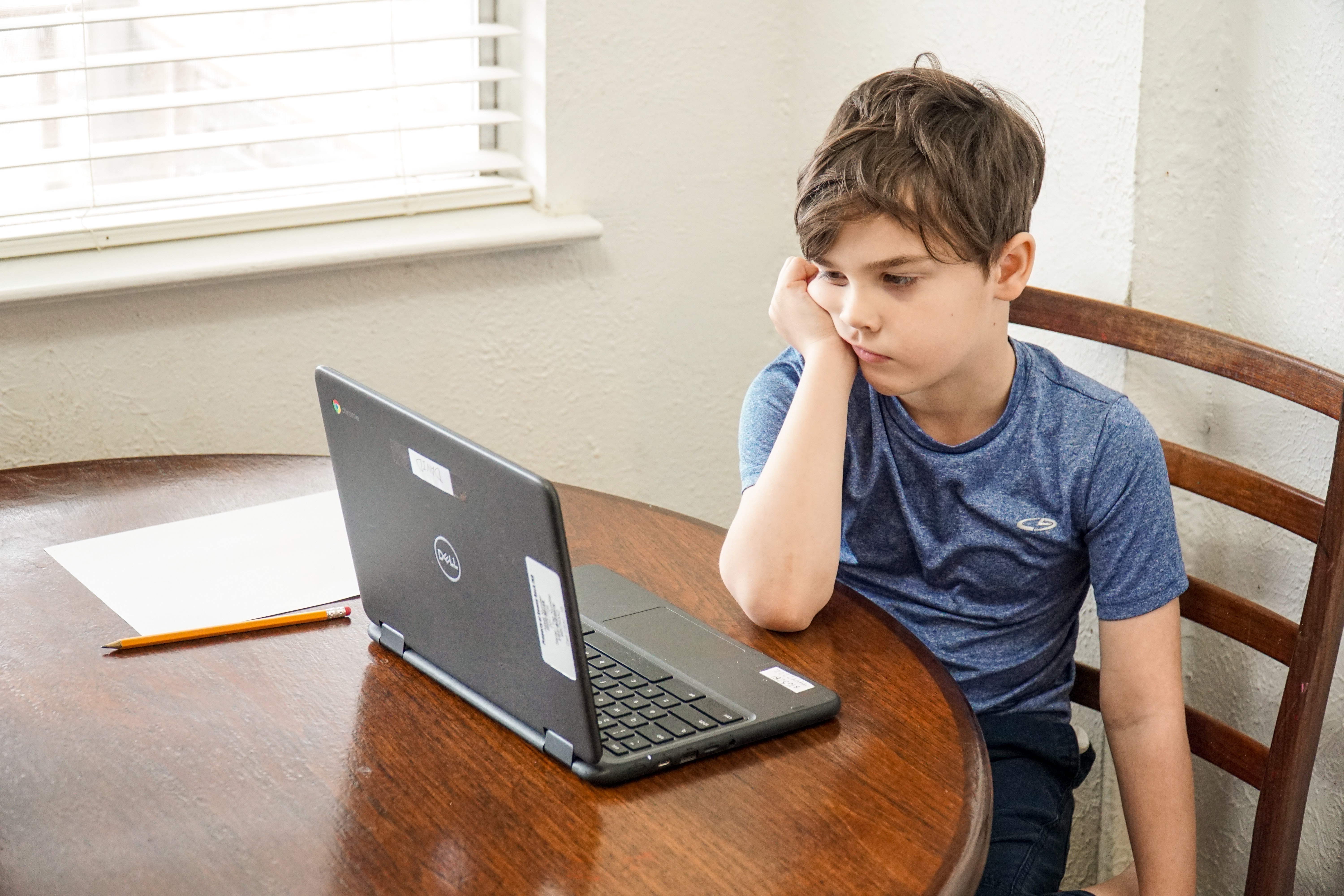News release
From:
Adolescents’ well-being and learning during COVID-19 linked to psychological needs
Multi-country analysis highlights importance of experiencing competence, feeling connected to others
A new survey study suggests that, for adolescents who received unplanned distance education due to the COVID-19 pandemic, experiencing one’s own competence was linked to positive emotion, self-motivation to learn, and pro-learning behaviors. Feeling connected to others was also linked to positive emotion. Julia Holzer of the University of Vienna, Austria, and colleagues present these findings in the open-access journal PLOS ONE.
The new research draws on a psychological theory known as self-determination theory, which outlines three basic psychological needs for well-being: autonomy, connection to others, and experiencing one’s own competence. Previous research has provided much evidence in support of this theory, but it was previously unclear how it applies to adolescents receiving distance education, which poses risks for well-being and learning.
To explore self-determination theory in the context of distance education, Holzer and colleagues conducted a survey study of 25,305 adolescents from eight countries in Europe, Asia, and North America. The survey ran from April to June 2020 and included questions about the three basic psychological needs, well-being, and learning behaviors. Links between these factors were uncovered by statistical mediation analyses of the survey data.
Across all eight countries, experiencing one’s own competence—for example, being able to complete most of one’s schoolwork—was linked to positive emotion, self-driven motivation to learn, and active learning behavior in the form of engagement and persistence. Perceived connectedness to others was also consistently linked to positive emotion. These findings were in line with the researchers’ initial hypotheses.
Additional connections were found between the basic needs, well-being, and learning behaviors, but these were less consistent between countries. Additionally, contrary to initial hypotheses, adolescents’ perceived autonomy was not strongly linked to positive emotion or motivation to learn.
Together, these findings could help inform the design of distance education programs, such as by incorporating ways to promote feelings of connection to others, or providing regular feedback and opportunities for improvement to promote experiences of competence. Further research could also help confirm or expand on these results.
The authors add: "Given the risks and challenges of the COVID-19 pandemic for adolesecents, the present research identifies characteristics that relate to adolescents’ psychological well-being and learning quality during the pandemic. The sample encompasses students from altogether eight countries in Europe, Asia and North America, thus enabling to derive common conclusions applicable across different cultural contexts."



 International
International



